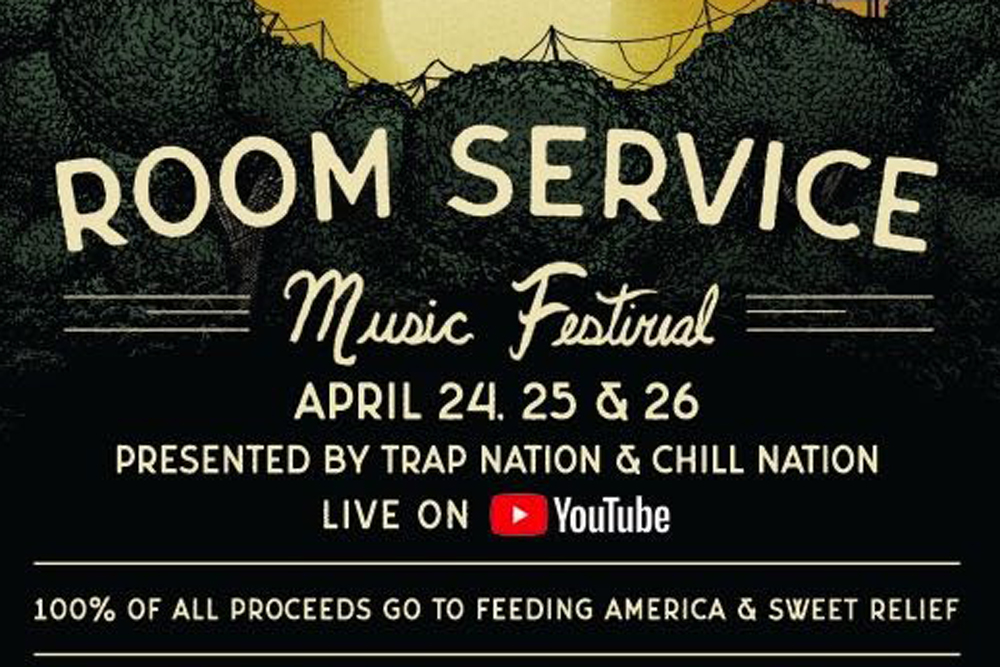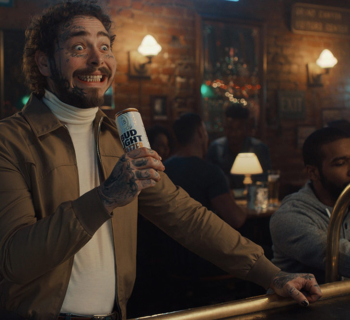How does one become a music attorney?
I started out as a business litigation attorney. After a number of years, I transitioned into music law, drafting and negotiating contracts. Everyone’s path is different, but I can make some suggestions.
In college, you don’t need any particular major to pursue such a career. Just get excellent grades and LSAT scores and get admitted to a good law school. However, I know a number of excellent music attorneys who did not go to top schools (like Harvard or Stanford) by any means.
Of course, you should start networking as soon as you decide to pursue this career path. You can attend music industry events, read relevant magazines and try to meet people in the business. A mentor would be ideal.
In your first year of law school, you will be taking required courses. In your second and third years, your law school may offer some entertainment law classes, which would be good to take. I think the law schools in places like Los Angeles and New York are probably more likely to have such classes. Going to law school in a big city probably would not hurt, as you are more likely to land an internship with a music related company.
Once you graduate law school, you could apply to law firms that specialize in music or that have a music department. But I can assure you that there are tons of people who would like to start out at such a firm and it is not always possible. There are a very limited amount of entry level jobs.
One thing I should mention. If you were number one in your class at Yale law school, that doesn’t hurt, especially if you want to join a big law firm. But if someone from a less prestigious law school has a great personality and is the kind of person people want to work with, they might get chosen for the job over you.
You could also apply to music related companies such as record labels and music publishers. But often they want to hire people with at least 1-3 years of law firm experience. Also, there are companies that are not strictly music companies that may have music related jobs. For instance, the film studios have music departments.
Once you get your license to practice law, you may very well not be able to land a job as a music lawyer. But if that is your dream, keep trying and hopefully one day your persistence will pay off and you can transition into music law. I never worked for a music law firm or company. I was referred by a film lawyer to a music management and production company to handle some litigation. They were happy with my representation and decided to start letting me negotiate their contracts. They became my first music client.














